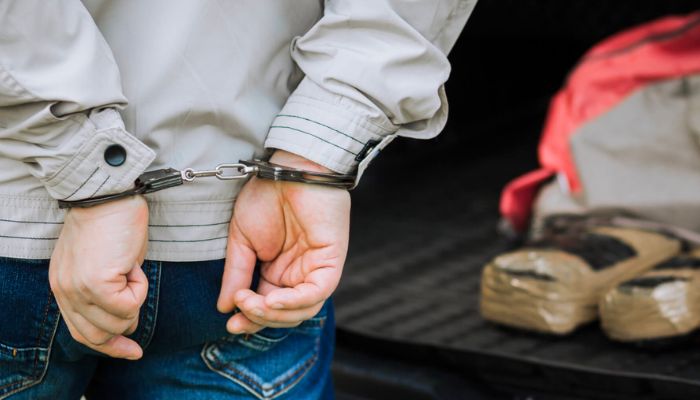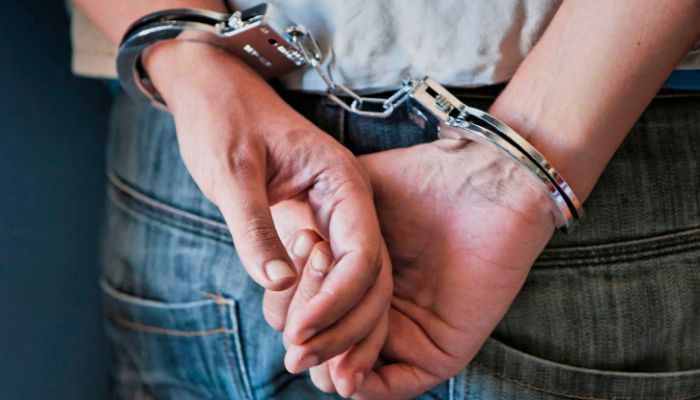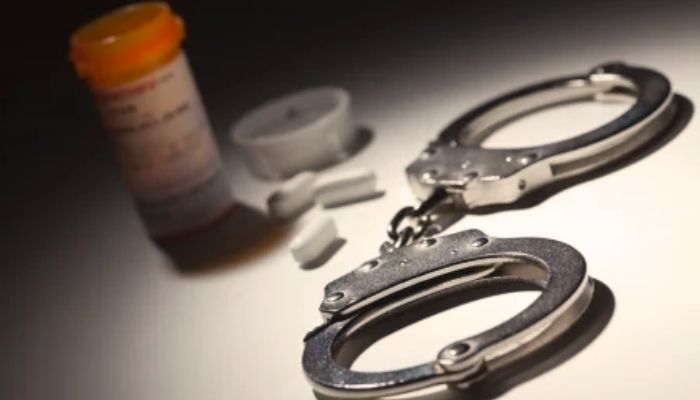
Legal Services for Drug-Related Offences
In the intricate web of the legal system, navigating the complexities of drug-related offences requires not just a deep understanding of the law but also the expertise of seasoned criminal lawyers. These offences, ranging from drug possession to drug trafficking, are treated with utmost seriousness within the criminal justice system, each serious offence often carrying the potential for severe penalties, including life imprisonment for the most egregious cases. This first part of our blog post delves into the landscape of legal services for drug-related offences, highlighting the crucial role of legal assistance and the intricacies of dealing with such charges.
The Spectrum of Drug-Related Offences
Drug-related charges encompass a broad array of offences under criminal law, including but not limited to possession, supply, production, and trafficking of illegal drugs. These offences can involve a wide variety of substances, from common drugs like cannabis and ecstasy tablets to more dangerous drugs such as crystal meth and other controlled substances. The severity of the charge often depends on several factors, including the type and quantity of drug involved, the intended use of cultivating drugs (personal use vs. supply), and the individual’s history within the criminal justice system.
The Role of Criminal Lawyers
When facing drug charges, the expertise of criminal lawyers becomes invaluable. These legal professionals specialise in the defence of individuals and companies charged with criminal activity dangerous drug and, offering legal advice that is crucial for navigating the legal process. From the moment of arrest, through police questioning, to court appearances, criminal lawyers play a pivotal role in ensuring their client’s rights are protected and offering the best possible defence against the charges.
Legal Services and Assistance
Legal services for drug-related offences provide a lifeline for those entangled in the legal system. These services range from legal advice and representation in court to support with bail applications and plea negotiations. For individuals charged with a drug offence, understanding the legal landscape and the potential outcomes of criminal offence is vital. Legal professionals can offer guidance on whether to plead guilty or contest the charges, the implications of a criminal record, and the potential penalties that could apply.

The Importance of Legal Representation
Legal representation is not just about defending against charges; it’s about ensuring that the individual’s rights are upheld throughout the legal process. This includes protection against unlawful police searches, ensuring that drug detection dogs are used appropriately, and challenging police officer on any instances of domestic violence or discrimination that may arise. A skilled criminal lawyer can make a significant difference in the outcome of a case, whether it’s negotiating more lenient penalties for possessing small quantities of drugs or defending against more serious charges like drug trafficking or producing illegal drugs.
Navigating the Legal System
The legal system, with its complex procedures and stringent laws, can be daunting for anyone facing drug-related charges. From understanding the implications of Commonwealth law illegal drug using to preparing for a court date, the process is fraught with challenges that require professional legal assistance. Legal services offer a pathway through this maze, providing advice on everything from legal rights and the potential for bail to the nuances of the court process and the preparation of a robust defence.
Legal Representation and Advice
Securing competent legal representation is paramount for anyone facing drug-related charges. Criminal lawyers specialising in drug offences can offer invaluable legal advice, guiding their clients through the intricate legal process. From the initial police search and arrest to court appearances and bail applications, a knowledgeable lawyer ensures that their client’s legal rights are upheld. Legal aid may be available to those unable to afford private legal services, providing access to justice for all individuals with criminal offences, regardless of their financial situation.

The Court Process and Potential Outcomes
Upon being charged with a drug offence, the accused will be given a court date. The legal process that follows can be daunting. The either district court or county court will hear the case, depending on the severity of the offence. Common drug offences, such as possessing small quantities of drugs like ecstasy tablets or crystal meth, may result in less severe penalties. However, more serious offences, such as drug trafficking or supplying drugs, can lead to more serious penalties, including life imprisonment under Commonwealth law.
The accused may choose to plead guilty or not guilty. Pleading guilty can sometimes lead to reduced penalties, especially if it’s a first offence or the quantity of the drug involved is small. However, every case is unique, and the decision to plead should be made with comprehensive legal advice. For those found guilty, the penalties can vary widely, from fines and community service to imprisonment. The severity of the penalty often depends on the type of drug selling, and quantity of the drug, the nature of the offence, and the individual’s criminal history.
The Impact of Drug-Related Convictions
A conviction for a drug-related offence can have far-reaching consequences beyond the immediate legal penalties. It can result in a criminal record, which may affect employment opportunities, travel plans, and personal relationships. In some cases, especially those involving drugs and illicit substances listed under the category of controlled substances, the stigma of a drug conviction can be life-altering.
Preventive Measures and Rehabilitation
The legal system also recognises the importance of rehabilitation and preventive measures for individuals involved in drug offences. Programs aimed at drug education, rehabilitation, and the reduction of drug use are integral parts of the criminal justice system. These initiatives seek to address the root causes of drugs involved in drug offences and provide support for those looking to make informed decisions about drug use.
Conclusion
Navigating the legal landscape of drug-related offences requires a deep understanding of the legal system, the rights of the accused, and the potential outcomes of drug charges. Legal services play a crucial role in ensuring that individuals facing drug-related charges receive fair treatment under the law. Whether it’s through providing legal advice, representing clients in court, or advocating for rehabilitation over punishment, criminal lawyers are essential in the fight for justice within the realm of drug-related offences.
As society continues to grapple with the complexities of drug use and its legal implications, the need for comprehensive legal services and a fair, rehabilitative approach to drug offences remains clear. By understanding the legal processes involved illicit substance using and seeking appropriate legal assistance, individuals can navigate these challenges more effectively, ensuring that their rights are protected and that they have the opportunity for a fair outcome.
This article is of a general nature and is intended for information only. It should not be relied upon as legal advice. If you require further information, advice or assistance for your specific circumstance, please contact us at Bouchier Khan Lawyers.
